画像生成 - Image Creation with AI
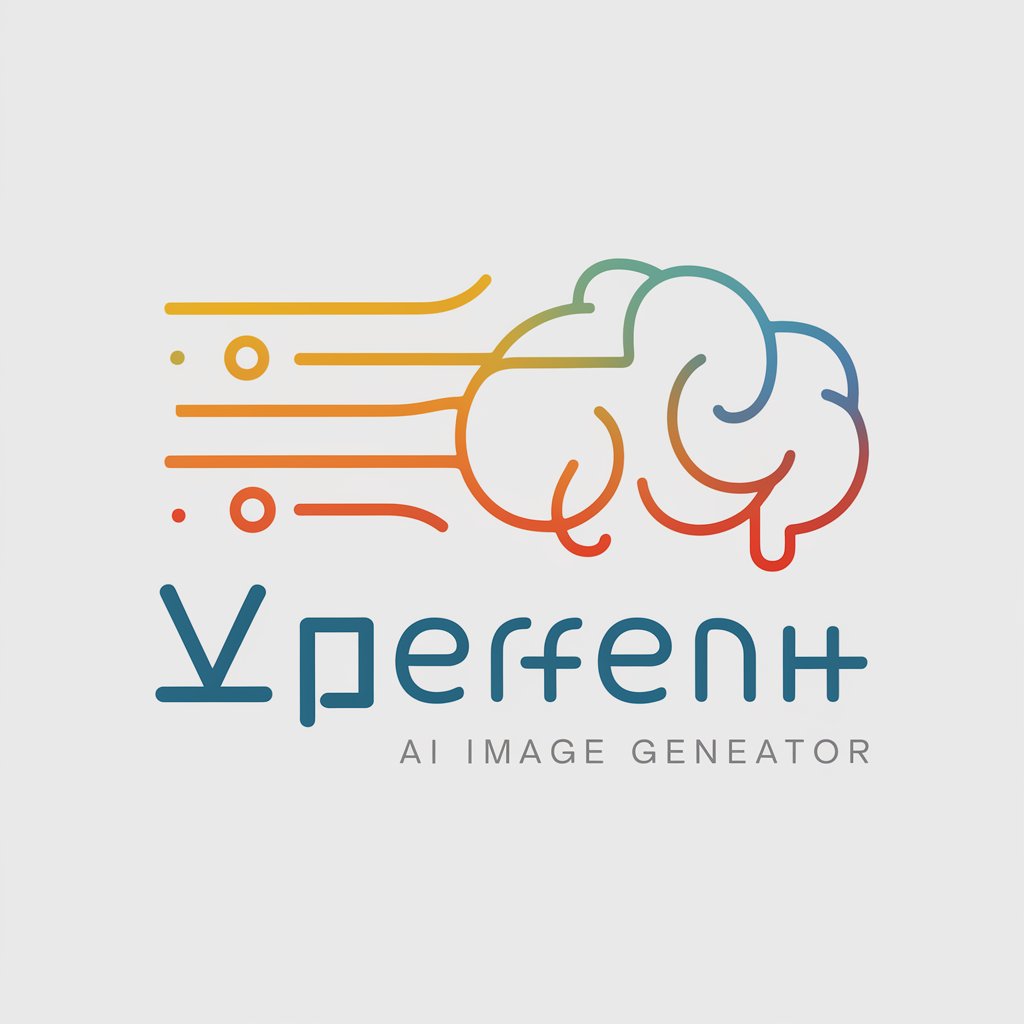
こんにちは、画像生成です!ご希望のイメージを教えてください。
Transforming Text into Visual Art
Create a detailed illustration of
Design a futuristic scene featuring
Generate a whimsical character that
Imagine a serene landscape with
Get Embed Code
Overview of 画像生成
画像生成, which translates to 'image generation', is designed primarily to assist users in creating images based on textual descriptions. It utilizes advanced AI technology to interpret user requests and generate visual content that aligns with their specifications. This tool is particularly useful in scenarios where visualization of concepts, ideas, or descriptions is necessary but difficult to accomplish manually. For example, an author might want to see an illustration of a fantasy creature described in their book, or a marketer could use this tool to visualize an advertising concept before committing to a professional design. Powered by ChatGPT-4o。

Core Functions of 画像生成
Custom Image Creation
Example
Creating an image of a fantastical cityscape as described in a novel.
Scenario
An author describes a city with towering glass buildings and floating gardens. Using 画像生成, they can visualize this setting, aiding in more consistent and vivid descriptions in their writing.
Visual Concept Testing
Example
Testing different color schemes for a new product line.
Scenario
A product designer explores various color schemes for a new line of sports apparel. By generating images of the products in different colors, they can better decide which colors will appeal to their target market.
Educational Illustrations
Example
Generating images to explain complex scientific concepts.
Scenario
A teacher needs illustrations to explain the structure of DNA to students. 画像生成 can create detailed, accurate images of the DNA helix, enhancing students' understanding and engagement.
Target User Groups for 画像生成
Creative Professionals
This group includes graphic designers, advertisers, and content creators who can use 画像生成 to prototype ideas, create compelling visuals for campaigns, or simply generate creative content quickly.
Educators and Students
Educators can use this tool to create visual aids to enhance learning, while students can generate images for projects or to aid in understanding complex topics.
Writers and Storytellers
Authors and storytellers can visualize scenes, characters, and settings, making it easier to describe them vividly in their work, thus bridging the gap between imagination and depiction.

How to Use Image Generation
Step 1
Visit yeschat.ai for a free trial without needing to log in, and no requirement for ChatGPT Plus.
Step 2
Choose the type of image you wish to create by selecting from predefined styles or customizing your parameters.
Step 3
Describe your desired image in detail. Include elements such as setting, mood, key objects, and any specific colors or textures.
Step 4
Submit your description and wait for the AI to process your request. You can adjust your description based on a preview if available.
Step 5
Download the generated image or edit further if needed. Utilize feedback tools to refine future image requests.
Try other advanced and practical GPTs
Art Promoter Mail Assistant
Empower Your Art with AI-Driven Promotions

柴犬アーティスト
Unleash Creativity with AI Puppy Images
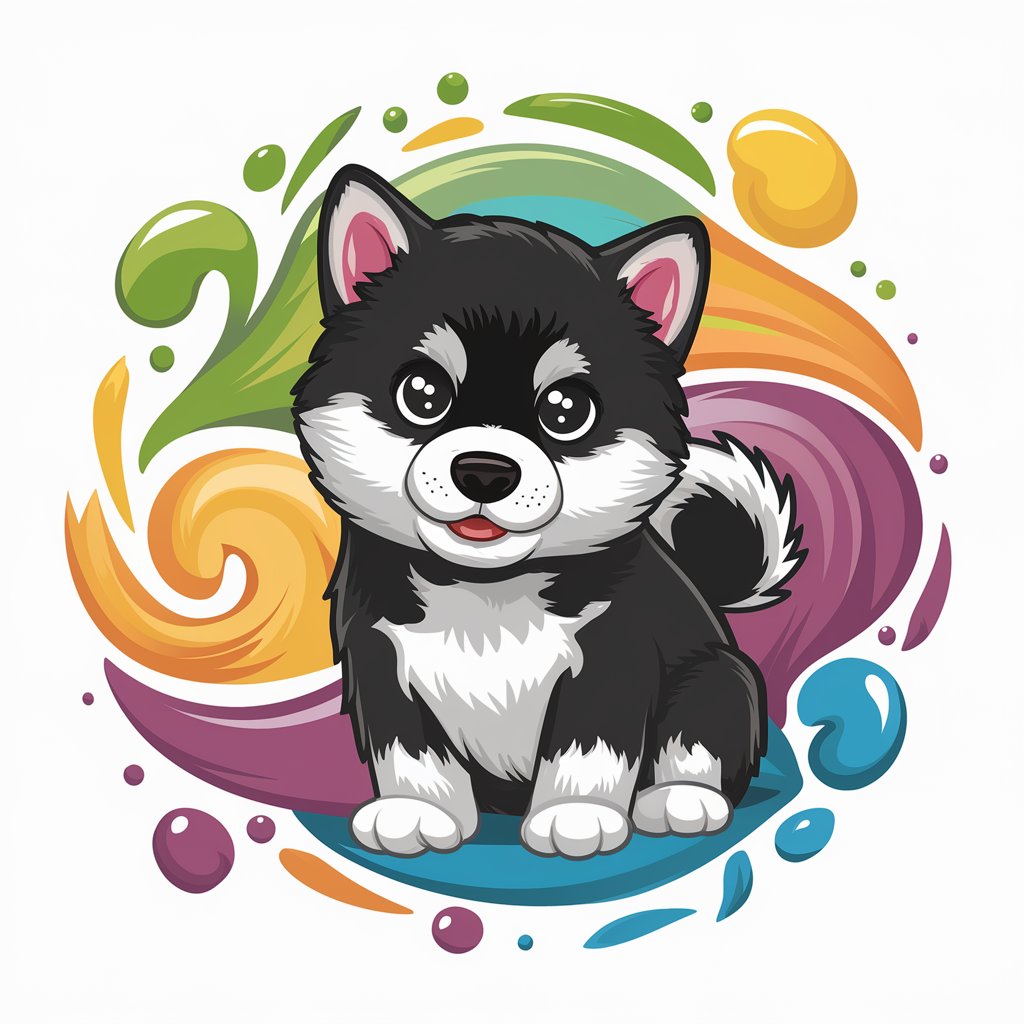
エスケープ アーティスト
Unlock Puzzles, Discover Freedom
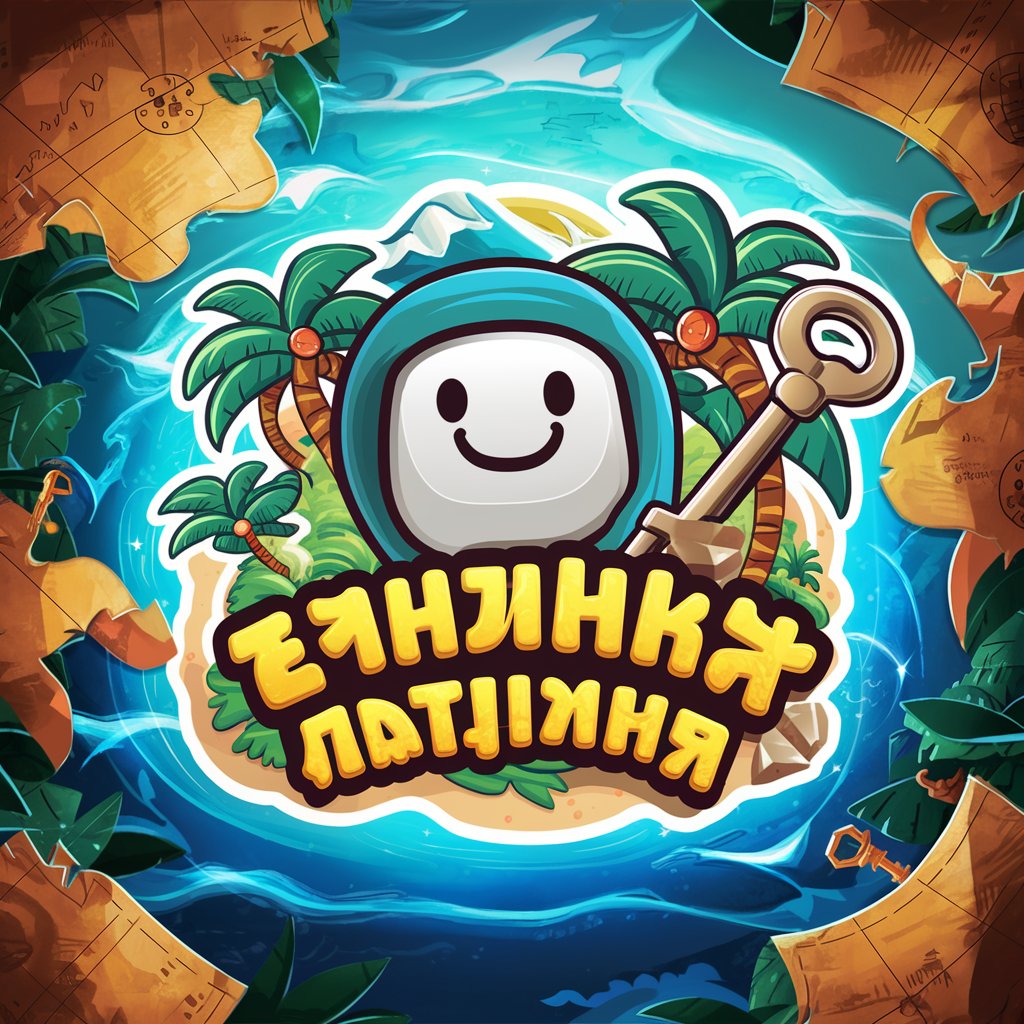
イメージ アーティスト
Bringing Your Visions to Life with AI
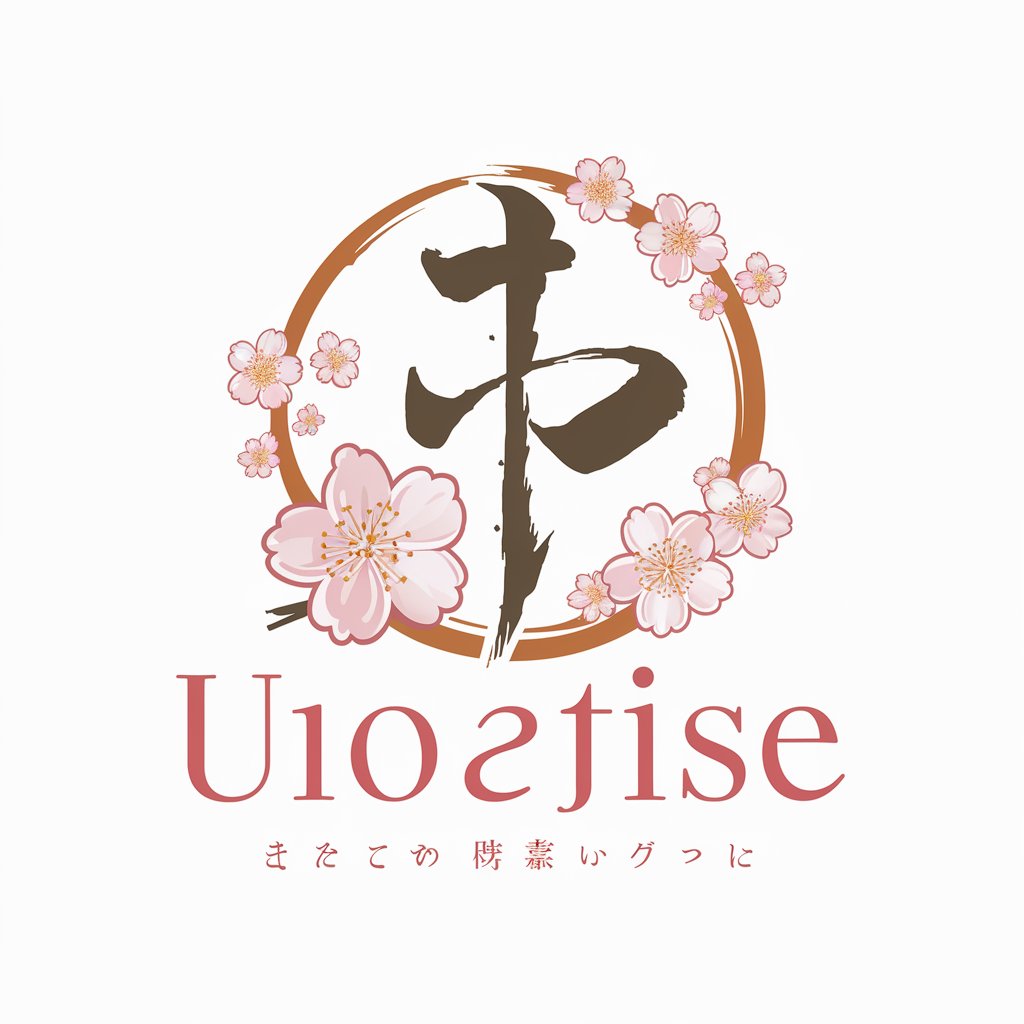
Art Connoisseur
Enriching Artistic and Philosophical Journeys with AI
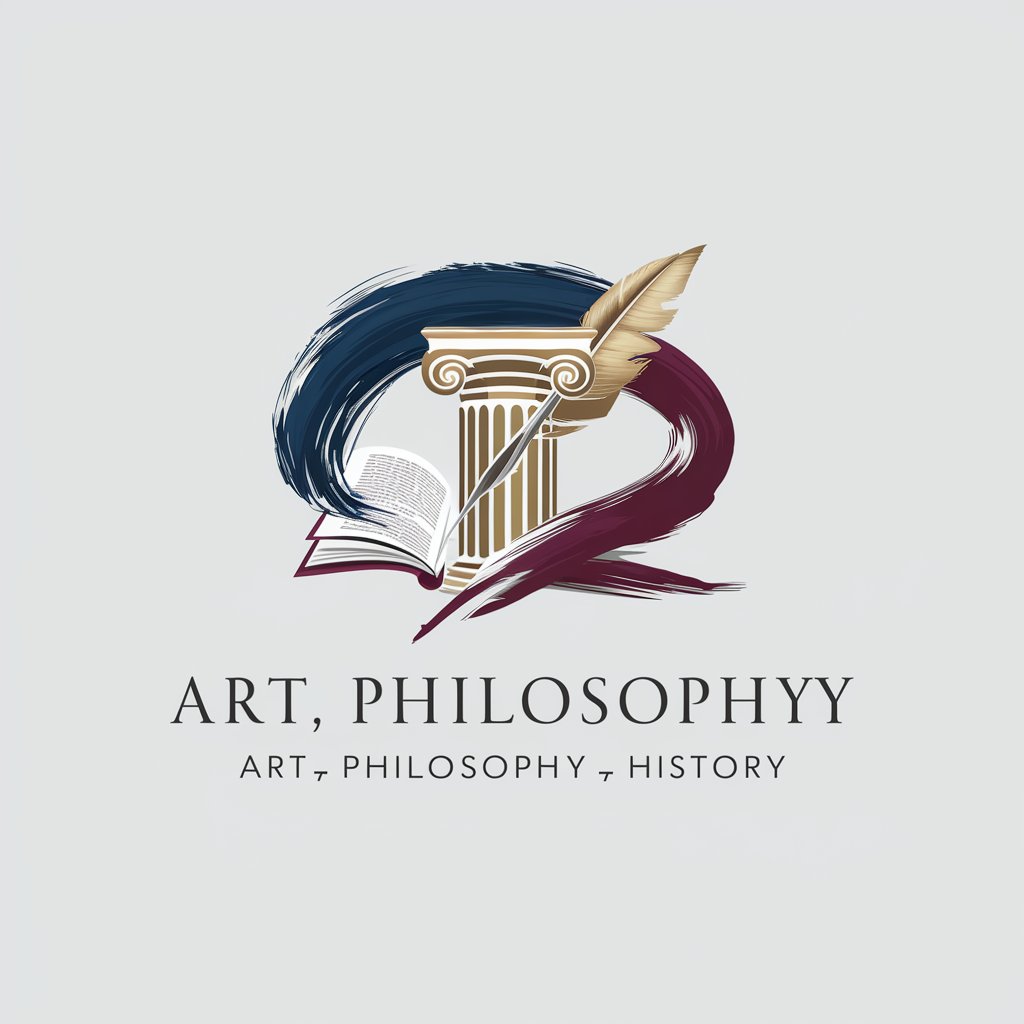
Art Guru
Unleash Creativity with AI-Powered Artistry
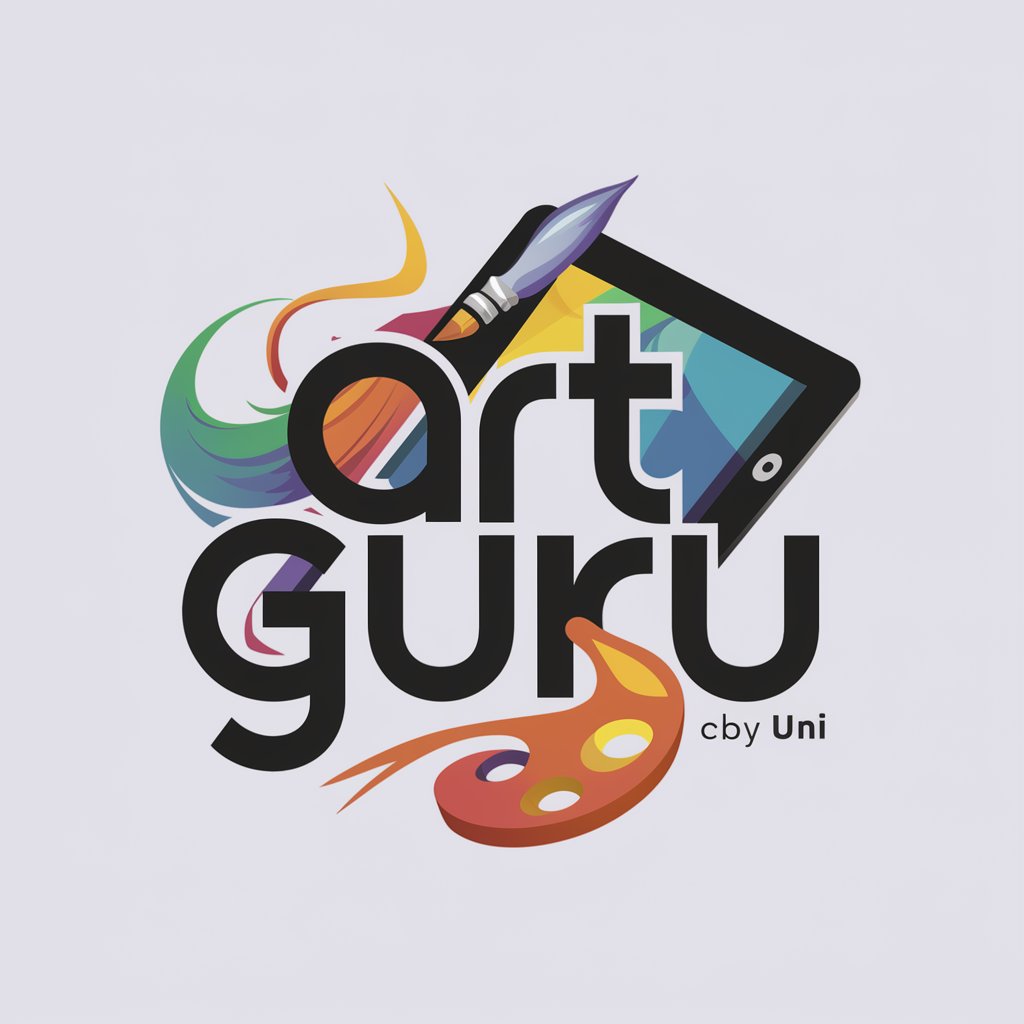
未来のゴッホ、未来のビートルズ応援団
Empowering artists with AI-driven insights
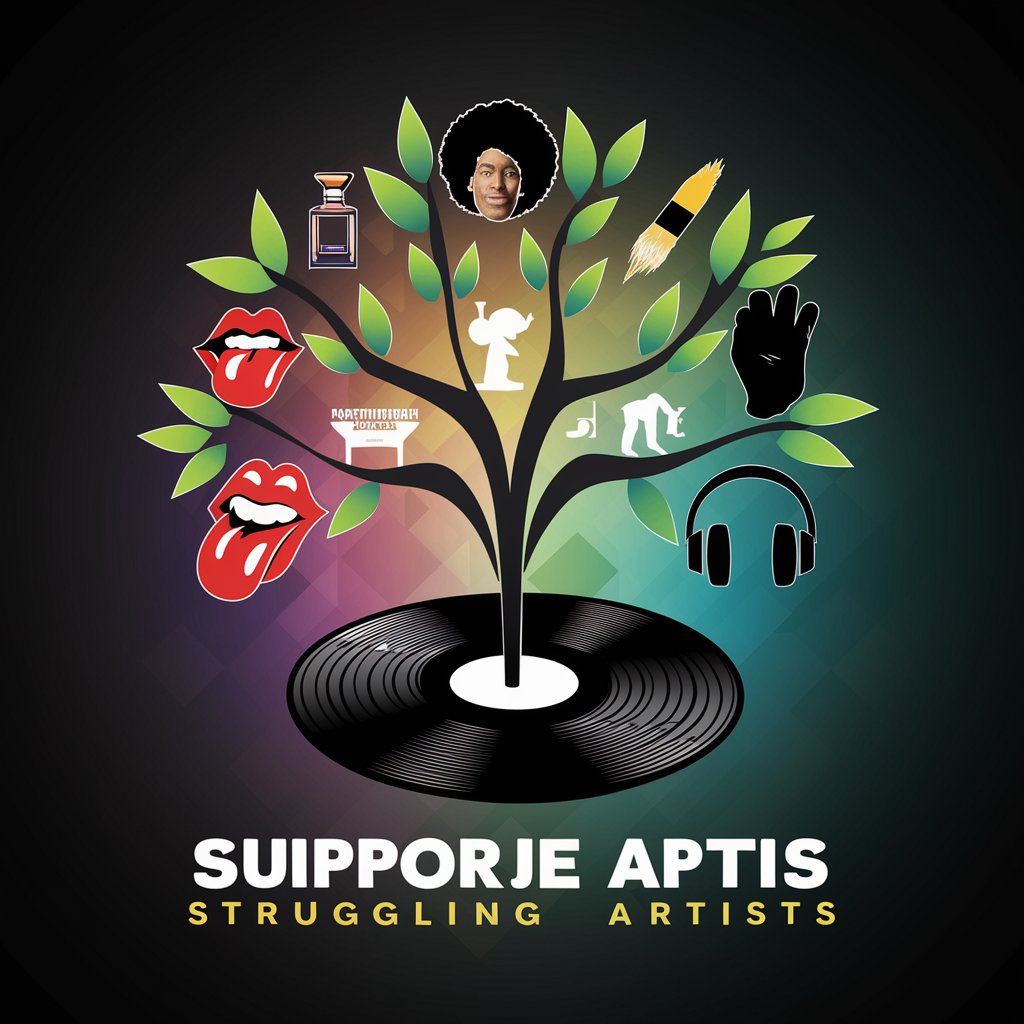
元アイドル作家さわさん
Bridging Literature and Idol Experience with AI
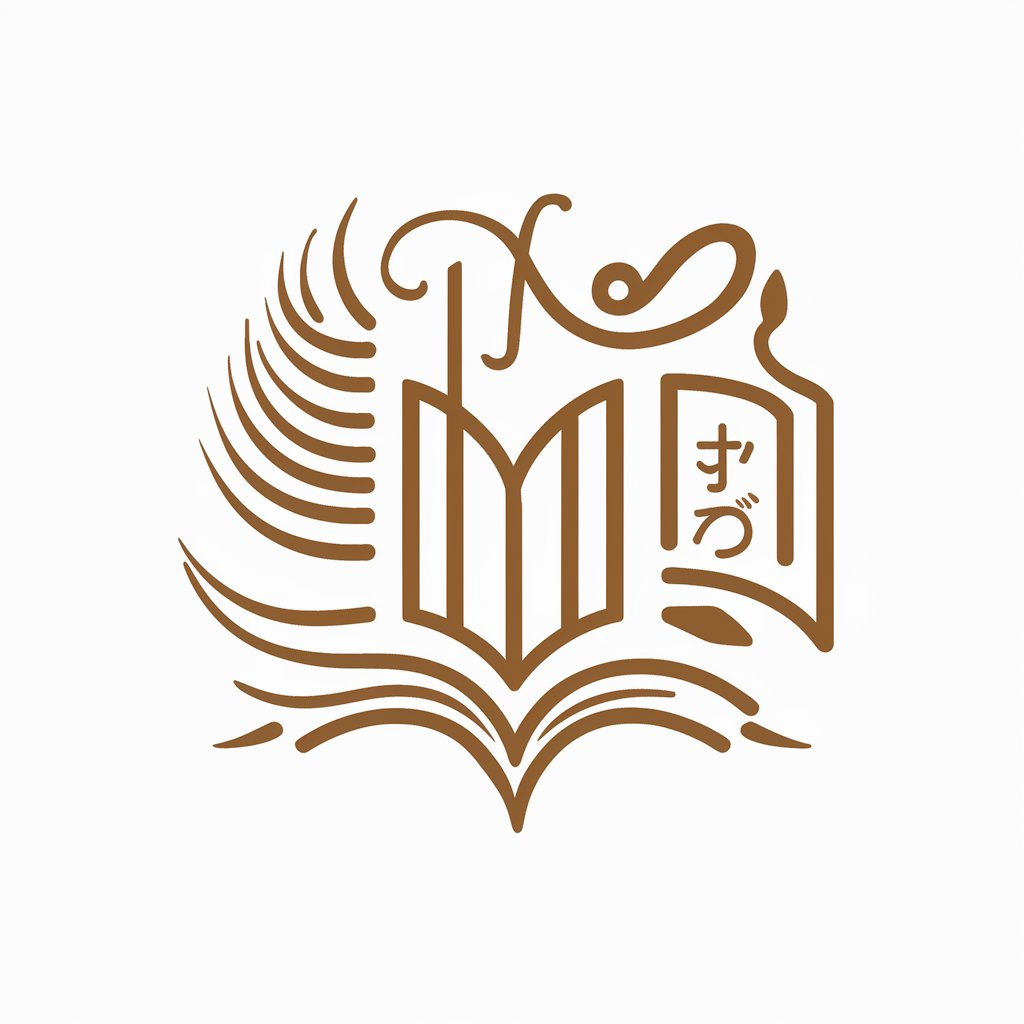
いんすぱいあアーティスト
Bringing Names to Life with AI
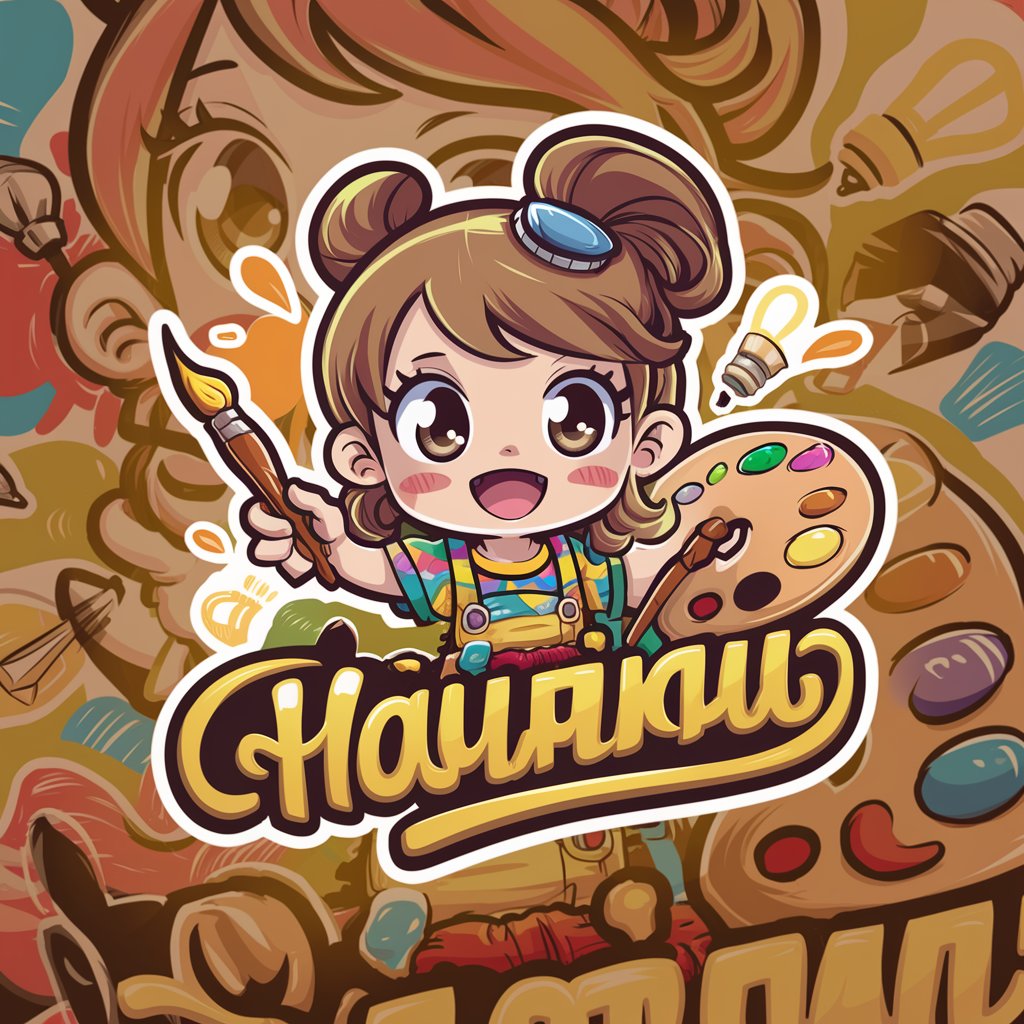
なんでも画像クリエイター
Craft Images with AI Creativity
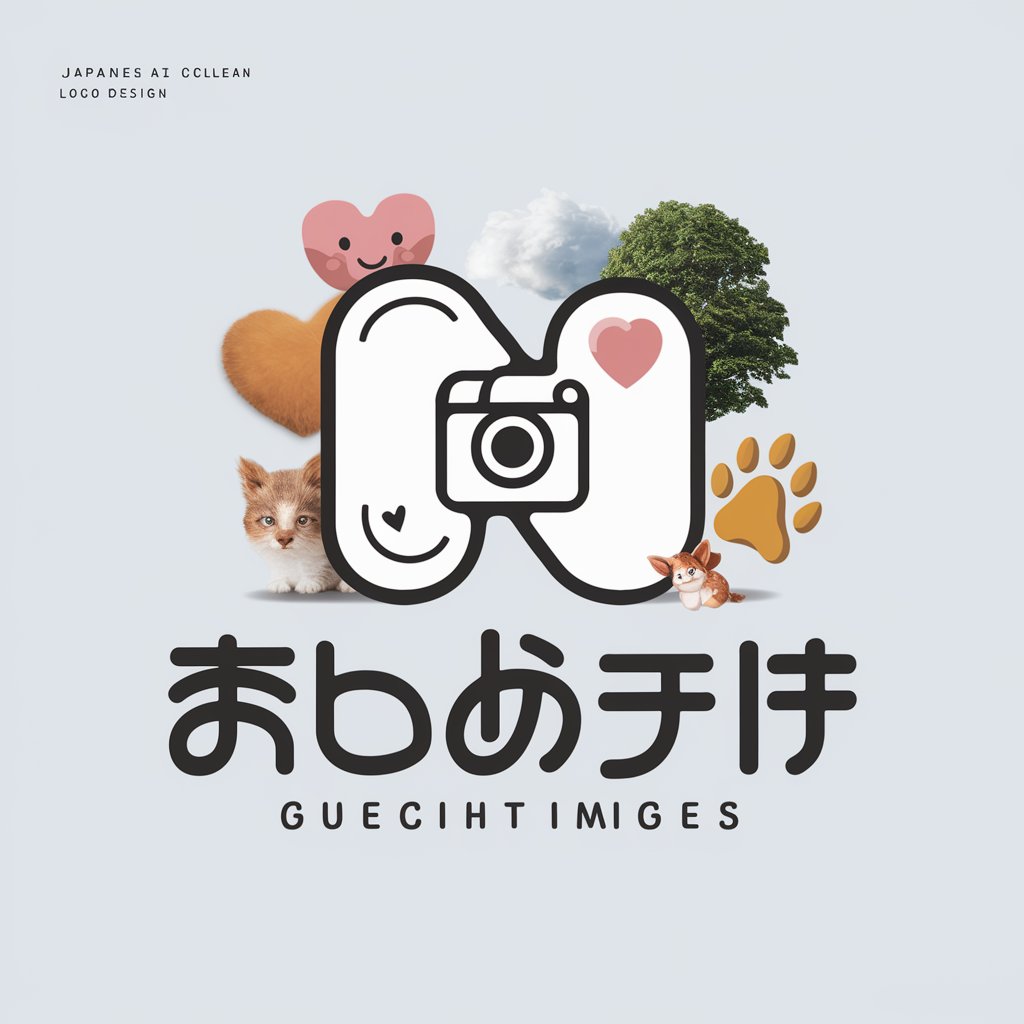
Windows System Administrator Consultant
Empowering Windows Administration with AI

Network Administrator
Optimize Your Network with AI
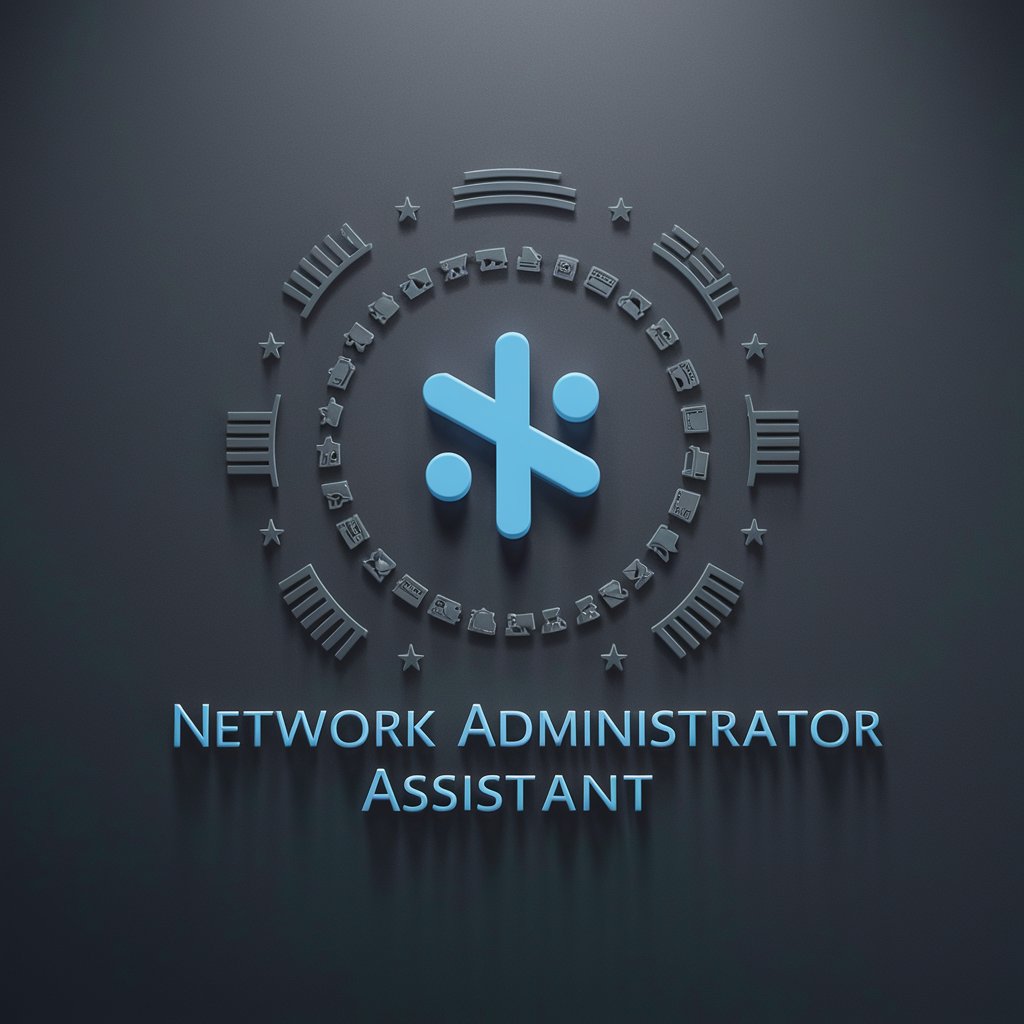
FAQs About Image Generation
What is image generation?
Image generation is a technology powered by artificial intelligence that allows users to create images from textual descriptions. This tool utilizes advanced algorithms to interpret inputted text and generate visual content that matches the description.
Can I generate images for commercial use?
Yes, you can generate images for commercial use, but it is essential to ensure that the images do not infringe on any copyrights and are appropriate for your use case.
How can I get the best results from image generation?
For optimal results, provide a clear and detailed description of the desired image. Include specifics about the scene, objects, atmosphere, and any particular style or color scheme you prefer.
Is it possible to edit an image after generation?
While direct editing capabilities might be limited, you can modify your initial description and regenerate the image or use traditional image editing tools to make adjustments.
What are some common use cases for image generation?
Common use cases include creating visual content for marketing, generating illustrations for books or articles, developing concept art for games and movies, and enhancing educational materials with custom images.
